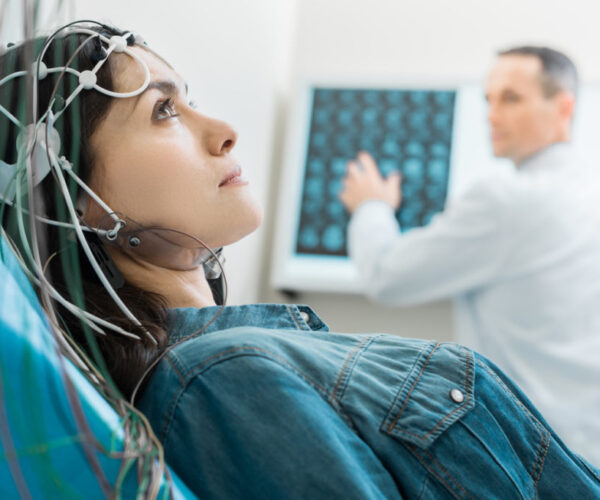Many people only think that neurosurgeons only work for conditions of the brain. However, they do a lot more than just brain surgery. Many neurosurgeons are devoted to treating spine conditions like herniated discs, neck pain, leg pain, back pain, and degenerative disc diseases. Such conditions can affect your quality of life, especially when you don’t comprehend any possible sign that proves you should seek medical help. For this reason, Ali H. Mesiwala, MD, FAANS, an expert neurosurgeon, advises on five signs that signify you should see a neurosurgeon instantly. A neurologist is your best option if you’ve been experiencing the following symptoms.
1.Persistent numbness and pain
Persistent numbness or pain in the extremities is often a sign of severe nerve damage that requires instant medical attention. Typically, sensory nerves underneath your skin and muscles communicate with your brain. The moment they are affected, numbness, tingling, burning, and pain in the concerned body parts. In such a case, you should see a neurosurgeon since the condition could deteriorate if you ignore the symptom.
2.Atypical migraines or headaches
Although various issues can cause headaches, atypical headaches prove that your situation could be severe and life-threatening. On the other hand, migraines are extreme versions of headaches and affect your typical life when they occur. When your headaches become very tense, you take medications without relief, your headaches are accompanied by dizziness and nausea, or you become sensitive to light and noise, which means your condition is out of hand. You should seek medical help in such a case since the condition might affect your brain.
3.Impaired movements
There are numerous ways you can identify types of impaired movements, including tremors, shuffling, clumsiness, and uncontrollable body movements. Such instances occur due to malfunction of the primary nervous system, head trauma, or side effects of medications. However, a neurologist can detect the leading reason for your situation and provide appropriate treatments and guidance.
4.Blurred visions and related issues
While injuries, illnesses, or accidents can cause vision issues, problems with the nervous system can also inflict issues on your vision. When you have difficulties seeing, especially with your eyes, you should get checked immediately. Although your eye doctor can do the same, they may recommend you to a professional neurosurgeon in case your situation is out of their expertise. Here, you can get checked on the leading cause of your vision loss, and the neurologist will offer appropriate care to ensure you regain your sight.
5. A weak grip
When your hands cannot grasp objects, it could be a loss of sensation or pain. This usually occurs when your wrist swells due to illness or injuries. Furthermore, your hands may function poorly when spine-related conditions spread the effects to your hands. Such issues in the median nerve can cause tingling, loss of sensation, and pain. You should seek a specialist for check-ups and treatments to prevent your situation from worsening.
Your health is critical, and you shouldn’t downplay any recurring symptoms. Moreover, ignoring a slight health concern might cause you a severe condition that you could have avoided if you had sought help earlier. Suppose you have been experiencing the above-listed signs; spare time and visit a neurosurgeon anytime soon.



